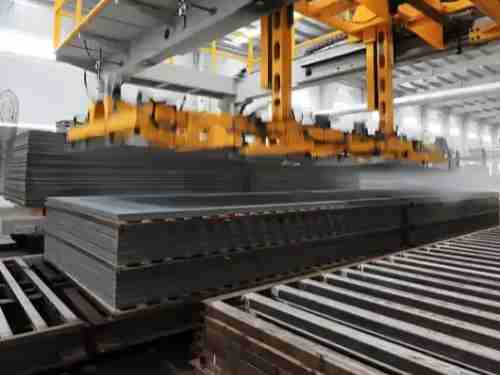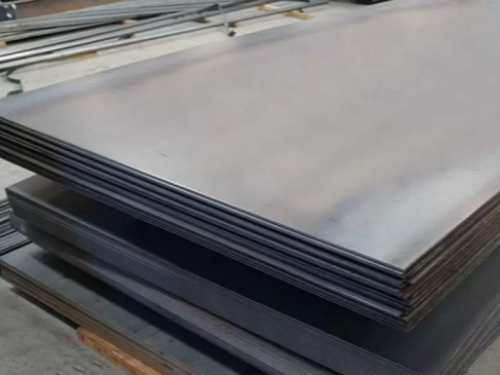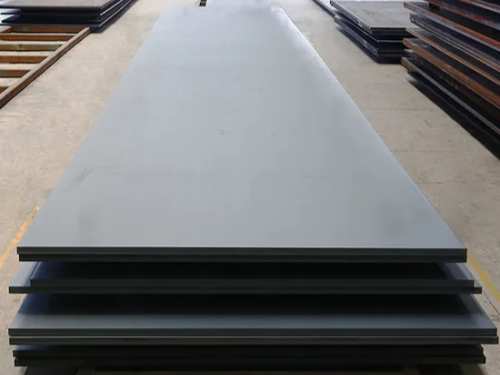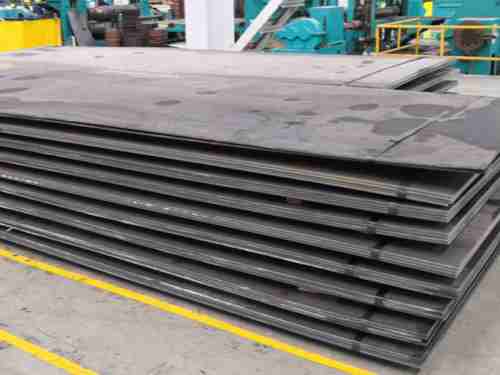Carbon steel pipes and seamless steel pipes are two of the most widely used types of pipes in the steel industry. While both serve essential roles in various industrial applications, they differ significantly in manufacturing processes and performance characteristics.
- Definitions and Manufacturing Processes
Carbon Steel Pipes
Carbon steel pipes are primarily composed of carbon as the main alloying element, typically containing between 0.06% and 2.11% carbon. They can be produced using two main methods: seamless and welded manufacturing.
- Seamless Steel Pipe Manufacturing Process
Seamless steel pipes are produced by heating solid steel billets, then piercing them to form a hollow tube, followed by hot rolling or cold drawing. This process is more complex than welding, but since seamless pipes have no weld seams, they offer superior strength, pressure resistance, and corrosion resistance.
1.2 Welded Steel Pipe Manufacturing Process
Welded steel pipes are made by bending steel plates or strips into a tubular shape and welding the edges together. The process is relatively simple and cost-effective. However, the presence of weld seams can reduce the mechanical strength and corrosion resistance of the welded section compared with seamless pipes.
- Performance Characteristics
2.1 Carbon Steel Pipes
Carbon steel pipes feature high strength, good toughness, and decent corrosion resistance. They are easy to weld and can be connected through various methods. Their affordability and versatility make them a common choice in numerous industries.
2.2 Seamless Steel Pipes
Seamless steel pipes have a smooth internal and external surface with no weld joints, giving them higher mechanical strength and better corrosion resistance. They perform exceptionally well under high temperature and high pressure, making them indispensable in demanding industries such as petroleum, natural gas, and chemical engineering.
- Application Fields
3.1 Carbon Steel Pipes
Carbon steel pipes are commonly used in construction, bridge building, machinery, and automobile manufacturing. They are ideal for general-purpose applications such as water supply lines, oil transport pipelines, and structural components.
3.2 Seamless Steel Pipes
Thanks to their excellent performance under extreme conditions, seamless steel pipes are widely applied in the petroleum, natural gas, chemical, and power industries. They are essential for oil well casing, high-pressure pipelines, and petrochemical processing equipment.
- Summary
Although both carbon steel pipes and seamless steel pipes are vital materials in modern industry, they serve different purposes. Carbon steel pipes are cost-effective and suitable for applications with moderate strength and pressure requirements. Seamless steel pipes, on the other hand, are designed for high-performance environments where superior strength and durability are crucial.
As manufacturing technologies continue to advance, both types of pipes are being optimized for higher quality, improved performance, and broader industrial applications—supporting the continuous development of global infrastructure and energy systems.

 English
English Español
Español











